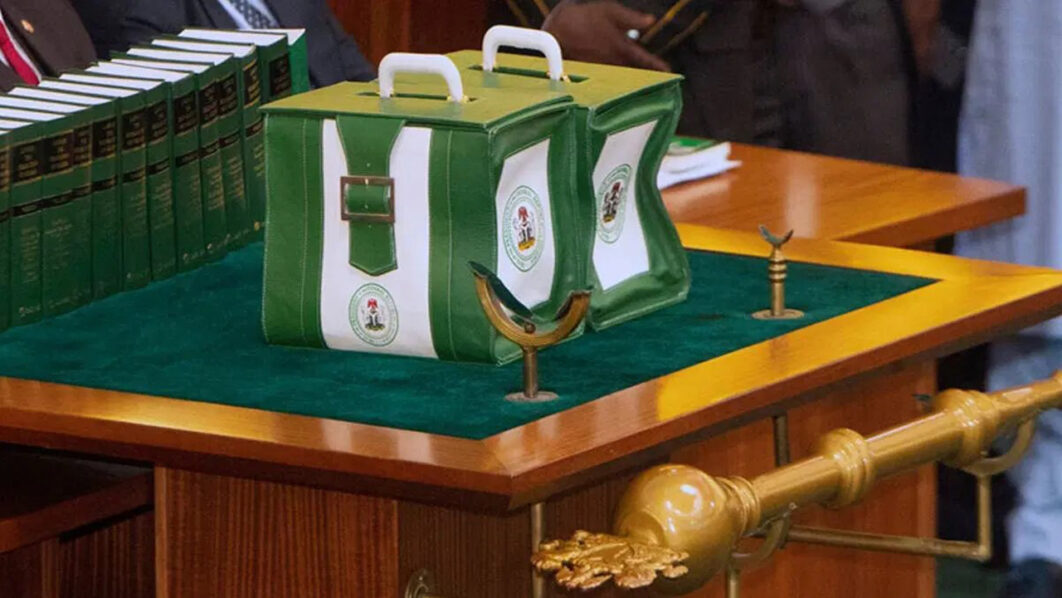
By making many assumptions in its first draft 2025-2027 Medium-Term Expenditure Framework (MTEF) and Fiscal Strategy Paper (FSP), the current administration may inadvertently worsen the struggling economy and accelerate a descent into the fiscal abyss. The good thing is that it is not too late to reverse the decline; the authorities only need to reassess their variables and adopt a more pragmatic approach to federal appropriation.
To start with, the government should address the widening deficit and unrestrained debt accumulation, which have become disturbing features in Nigeria’s fiscal space. While civil society and other critical groups have called for caution, the government is yet to respond appropriately; and confront the sustainability question. The Bola Ahmed Tinubu administration needs to demonstrate its readiness to break the trend and chart the cause for fiscal consolidation.
Budgeting, all over the world, is a serious business that seeks to set the spending priorities of an entity and identify funding sources by setting conservative parameters around its revenue streams. The Nigerian government, for reasons that are known to the national economic managers, has chosen to overstate its capacities, a strange fiscal practice during the administration of President Muhammadu Buhari. Sadly, the current administration is building on the foundation of bogus assumptions that have kneecapped federal budget performance to an average of 70 per cent in recent years.
Already, subject experts have faulted the overtly optimistic petrodollar production and pricing benchmarks dismissing them as unrealistic. Less than a month into the new budget cycle that set the oil production benchmark at two million barrels per day (bpd), Nigeria’s oil quota remains at 1.5 million bpd with a high possibility that this could continue till 2026. Although the price of Nigeria’s bonny light is currently over the benchmarked $75, most grades of crude are currently selling below the mark; and there are worries that the economic uncertainty and geopolitical tension, as well as the Donald Trump factor, could rattle the oil market.
With the budget yet to be presented to the National Assembly for legislation, the executive has an opportunity to carry out a more thorough analysis and scenario testing to align the oil production and pricing targets with the broader market expectations. Besides global market dynamics, there are local peculiarities that need to be properly anchored.
For one, supply constraints such as insecurity and theft have not been resolved with dispatch, though there are significant improvements in this regard. It is in the interest of all that these challenges are resolved and victory fully declared; but until that happens, the country cannot count on the sector to give her its best.
The government can aim for the sky in its desire to fully harness the potential of the oil and gas industry. But with the key performance variables largely exogenous, the President and his team will do better by harvesting the low-hanging fruits. As part of these, they should work with NNPC Limited to remove the fiscal hurdles that have made crude production in Nigeria one of the most expensive in the world. Reports claim that it costs between $35 and $48 to produce a barrel of crude whereas countries like Saudi Arabia are currently doing about $9 per barrel.
If Nigeria can cut her production cost to $30 per barrel, the country will be gaining an additional $11.5 on every barrel lifted. If we improve our production efficiency, including reducing the official graft in the value chain and bringing the average production cost down from $41.5 per barrel to $30, we will save an extra $17.3 million daily to support the budget. In a year, the country could gain $4.49 billion from savings from cost reduction.
At the current exchange rate, the savings amount to N6.8 trillion, which is almost 74 per cent of the N9.2 trillion the government plans to borrow to fund next year’s budget. If the economy managers improve more aggressively, Nigeria could save so much from the leakage alone that we would not need to borrow to fund yearly budgets.
Indeed, the government should be wary of its tendency toward a deficit budget and begin to put in place measures to achieve fiscal consolidation as a matter of policy. A deficit budget means more debt, which the country does not have room to accommodate, especially with much of the government’s revenue going into debt service. Excessive debt on its own raises bad blood but it is worse when the government has no foolproof explanation of how the debt proceeds are utilised.
Hence, it becomes important that the government reconsiders the provision for a N9.2 trillion fresh debt in the 2025 budget and explore more creative ways to expand the revenue base, including blocking official leakages. If for no other reason, it is already worrisome that debt service will cost the government as much as N15.38 trillion (only N1 trillion short of what it plans for capital projects) next year.
The government should, as a smart alternative to an expansionary debt programme, begin a deliberate process of winding down the big government structure, adopt and reinvent its public-private partnership (PPP) and retool it into a fit-for-purpose vehicle for delivering on the much-needed public infrastructure, including roads, bridges and ports. In the same vein, the government should prioritise project-tied debts as against conventional borrowings going into the new fiscal year.
The 2023 budget with its many shortcomings, indeed, was inherited by the current administration ab initio. But President Tinubu has full responsibility for the current budget whose failings and non-performance it must make up for next year. Thus, the 2025 budget must not come as a wish list but as a blueprint that captures the government’s sincere intention to revive an ailing economy.






